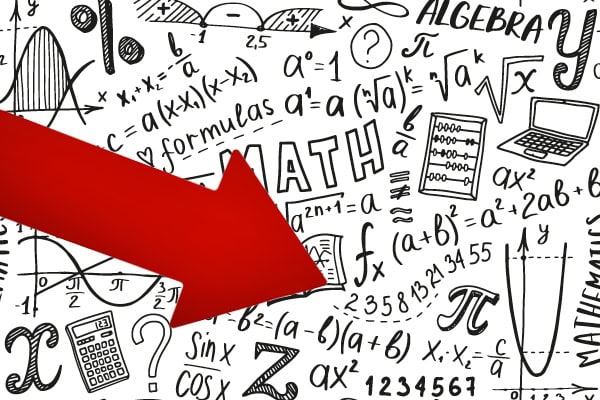The Biden-Harris Administration has announced its Improving Student Achievement Agenda for 2024, which is focused on proven strategies that will accelerate academic performance for every child in school, according to a fact sheet issued by the White House.
The Administration is laying out an agenda for academic achievement for every school in the country, using all of its tools — including accountability, reporting, grants and technical assistance — to intensify its drive for adoption of three evidence-based strategies that improve student learning: 1) increasing student attendance; 2) providing high-dosage tutoring; and 3) increasing summer learning and extended or afterschool learning time.
- Increasing attendance: Following the school closures that began in 2020 during previous administration, chronic absenteeism emerged as a serious challenge. Across the country, the rate of chronic absenteeism reached about 31% in 2021-2022 because of COVID-19. The administration said it cannot and will not accept that as a new normal. Targeted parent and family engagement — such as home visits, the adoption of early warning intervention systems and the effective use of data and family engagement to identify why a student is absent and what tailored strategy will address the cause — can significantly increase student attendance. Reducing absenteeism can have a major impact on student performance.
- Providing high-dosage tutoring: Tutoring programs should 1) provide at least three 30-minute sessions per week; 2) occur in small groups (e.g., 1-4 students); 3) occur during the school day, which helps support consistent participation; 4) use well-trained tutors (e.g., paraprofessionals, teaching candidates, retired teachers, AmeriCorps members, teachers and others); and 5) aligned with an evidence-based, structured curriculum.
- Increasing summer learning and extended or afterschool learning time: One study found that when students consistently participate in high-quality afterschool enrichment programs, it adds about four months of student learning to the academic year. Another study found that when the school day’s instructional time is extended from 6 1/2 hours to 8 hours for students in low-income areas, test scores improve between 11 to 24%. Summer programs lasting five weeks with at least three hours of academic instruction per day add about two months of learning in math and one month of learning in reading, according to Rand Institute research. The use of data on student participation and program quality helps these programs succeed, and their success enables teachers to deliver instruction more effectively during the regular school day. Close to half of school districts have invested American Rescue Plan funds in expanded summer learning, which has been shown to improve students’ math scores.
The White House





